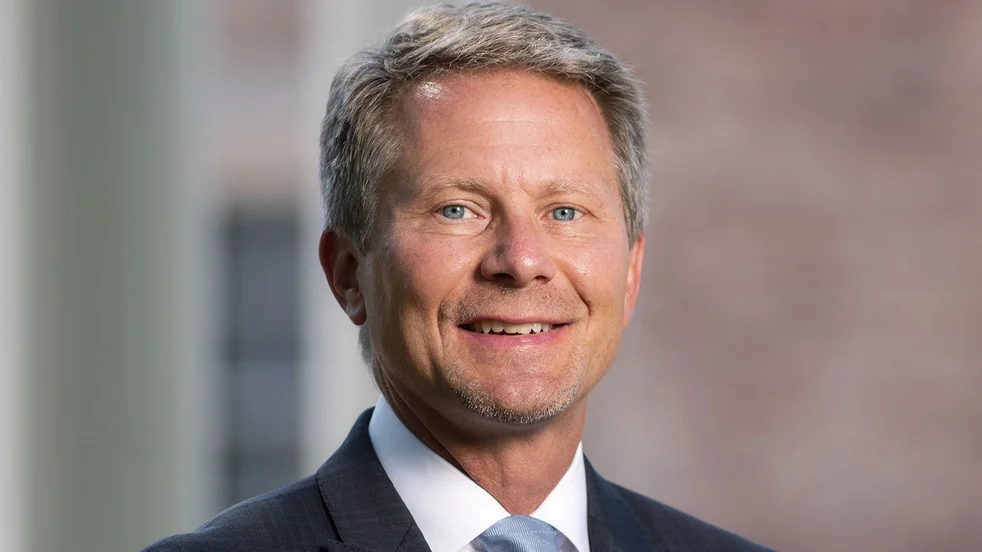Kevin M. Guskiewicz President at Michigan State University | Official website
Kevin M. Guskiewicz President at Michigan State University | Official website
For nearly ten years, a Michigan father struggled to prove to the IRS that he was the sole provider for his daughter and deserved to claim her as a dependent. Due to the mother also claiming her, the IRS denied his claim and audited several years of his tax returns, withholding nearly $30,000 in refunds. With help from Michigan State University College of Law's Alvin L. Storrs Low-Income Taxpayer Clinic, commonly known as the Tax Clinic, he appealed to the U.S. Tax Court and recently recovered the full amount.
In another instance, a Michigan man who lost his job during the COVID-19 pandemic and worked as a rideshare driver faced $10,000 in back taxes. The Tax Clinic assisted him in correcting an error on his tax return, claiming mileage expenses, and significantly reducing his tax liability.
These cases illustrate the work done by the Tax Clinic to help individuals obtain refunds that were unjustly withheld and reduce wrongfully levied tax liabilities by the IRS or Michigan Treasury.
Celebrating its 25th anniversary with tax season approaching, MSU Law’s Tax Clinic estimates it has aided approximately 4,000 disadvantaged taxpayers in Michigan with resolving disputes valued at over $10 million in recovered and reduced returns.
“Every year we help taxpayers with limited income either obtain refunds or reduce what they think they owe,” said clinic Director Christina Wease. “That money is rightfully theirs — and it makes a difference in how they live.”
Over time, around 650 MSU Law students have contributed more than 125,000 hours of pro bono services at the clinic. Many attribute their successful careers in tax law to this experience.
“My experience with the Tax Clinic completely changed the trajectory of my career and life,” said Victoria Remus, a 2015 graduate now working as an attorney at Dykema in Bloomfield Hills, Michigan. “People think tax law is boring. But it’s not. The Internal Revenue Code is open to interpretation. That makes my work exciting and, dare I say, fun.”
Shelby Ohstrom graduated in 2023 and became the clinic's full-time supervising attorney in 2024 after previously working there as a student. She found value in making a difference within tax controversy.
“The clients we work with are usually at a low point in their lives and are truly looking for help to solve their issue,” Ohstrom said. “I feel honored to be a part of their journey in helping resolve their tax issues as well as helping educate them for the future."
The Low Income Taxpayer Clinic program was established by Congress in 1999 to fund law schools and legal aid organizations assisting taxpayers with IRS disputes. The program grew from 34 grants totaling $1.46 million initially to 138 grants totaling over $19 million by 2024.
MSU Law applied for its first grant in 2000, becoming one of the oldest tax clinics under this program nationwide. Besides representing taxpayers, it educates them on avoiding issues.
“Each year we use the grant money to resolve tax disputes and conduct educational events all over Michigan," Wease explained.
Additionally aiding low-income taxpayers, including those for whom English is a second language like international students and scholars based in Lansing and Detroit.






 Alerts Sign-up
Alerts Sign-up